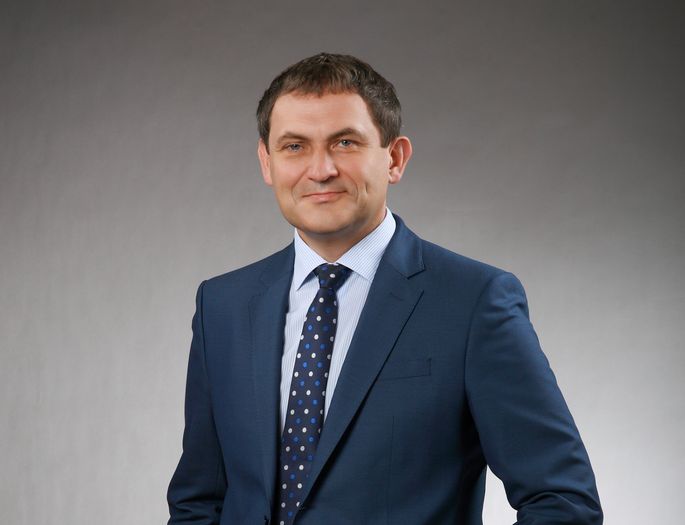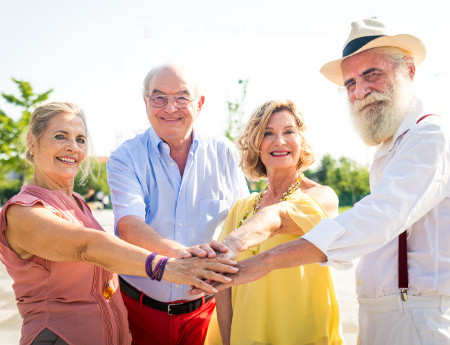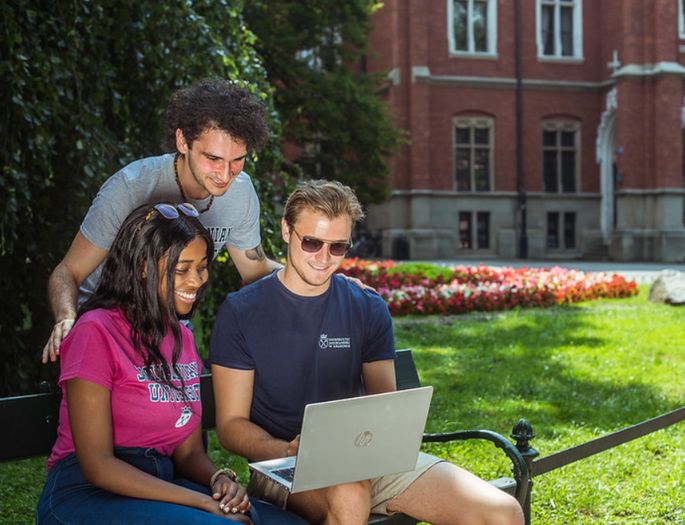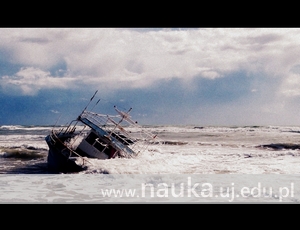
Lesbos, Lampedusa, Munich, Budapest, Calais. This is not a list of fancy travel destinations. They are red dots on the map of a great crisis caused by war and poverty. In an interview, Prof. Halina Grzymała-Moszczyńska from the JU Institute of Religious Studies talked about the possible consequences and developments in this situation.
In 2014, Prof. Halina Grzymała-Moszczyńska, along with several psychologists of religion and culture from the Uppsala University, started conducting research in refugee camps located in Turkey. The research was mostly concerned with PTSD, the role of religion in dealing with trauma, religious and ethnic identity as well as strategies adopted by the refugees to cope with foreign culture. The scholars attempted to discover what could be done in order to help the children and adults living in the camps. Their ideas included language teaching, arts, sports, and professional psychological help.
Most of the migrants tend to view Turkey as a temporary stop on their road to Sweden, Germany or Austria. They left their home countries for fear of being forced to serve in one of the military groups. They were also afraid of the atrocities committed by ISIS soldiers, child kidnapping and rape. Bombardment, shelling, crumbling houses, power and water shortage were daily problems for them.
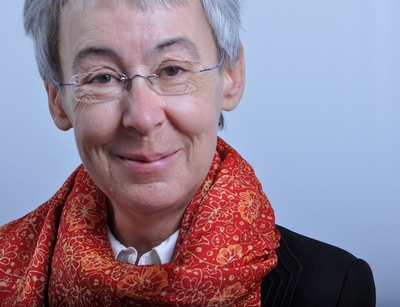 The absolutely basic prerequisite for the migrants' adaptation to their new homes is educating the society about their history, culture and situation, what brought them here and what hardships they had to endure. Simultaneously, a mentoring programme for the migrants should be established to help them settle in a different country. Without communication and understanding there can be no peaceful coexistence. Schools are particularly important in this process, and teachers should be trained to work with foreign children as soon as possible.
The absolutely basic prerequisite for the migrants' adaptation to their new homes is educating the society about their history, culture and situation, what brought them here and what hardships they had to endure. Simultaneously, a mentoring programme for the migrants should be established to help them settle in a different country. Without communication and understanding there can be no peaceful coexistence. Schools are particularly important in this process, and teachers should be trained to work with foreign children as soon as possible.
The conflict may last for 50 more years – or even more than that, since several parties are involved in the war, and each one has their own stake in it. Understanding the situation is, therefore, paramount in helping the people.
Original text: www.nauka.uj.edu.pl


